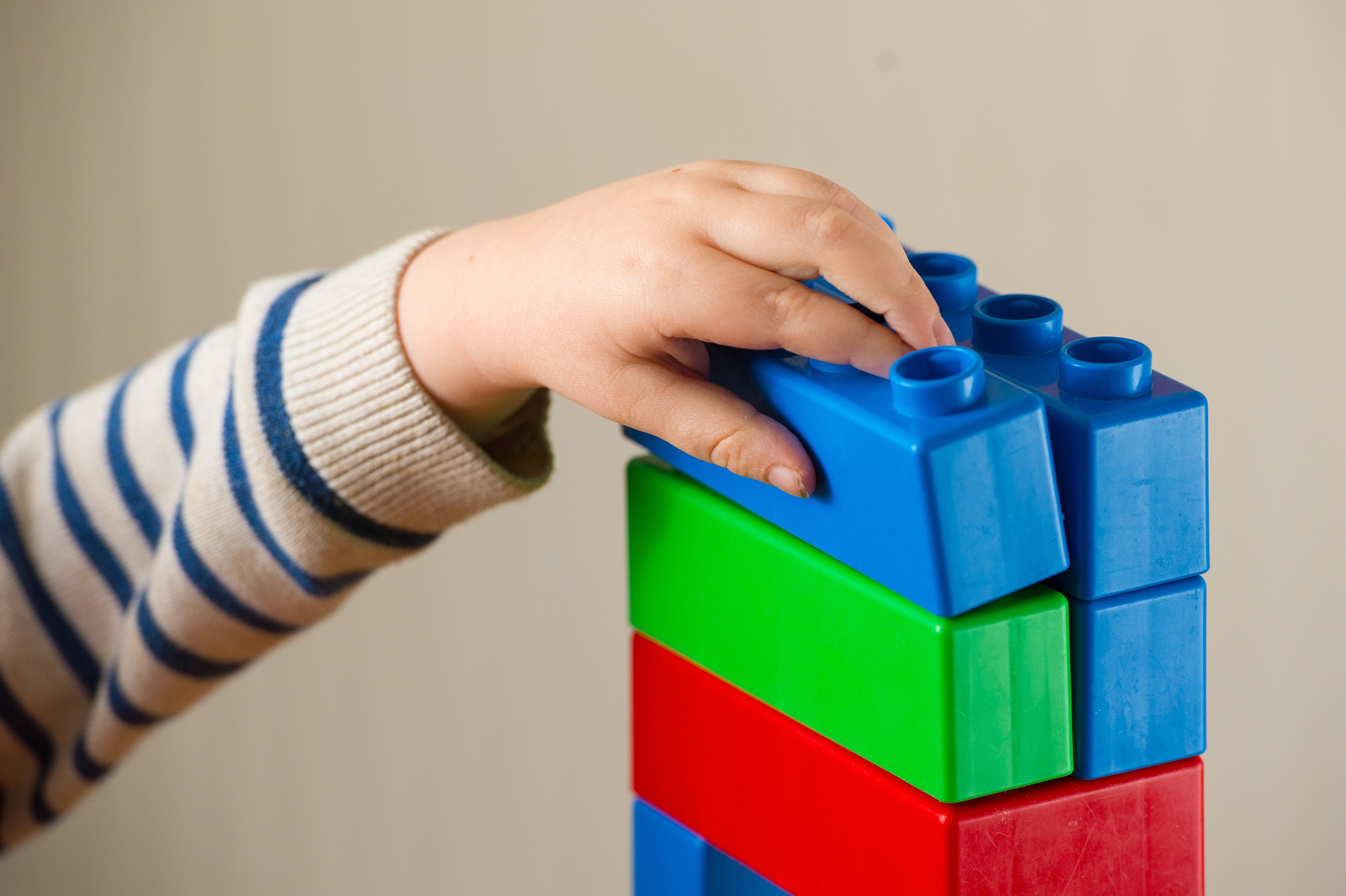Children as young as five will stop peers breaking the rules, study suggests
The study found that enforcing rules is a ‘universal’ human behaviour seen even in very young children.

Your support helps us to tell the story
From reproductive rights to climate change to Big Tech, The Independent is on the ground when the story is developing. Whether it's investigating the financials of Elon Musk's pro-Trump PAC or producing our latest documentary, 'The A Word', which shines a light on the American women fighting for reproductive rights, we know how important it is to parse out the facts from the messaging.
At such a critical moment in US history, we need reporters on the ground. Your donation allows us to keep sending journalists to speak to both sides of the story.
The Independent is trusted by Americans across the entire political spectrum. And unlike many other quality news outlets, we choose not to lock Americans out of our reporting and analysis with paywalls. We believe quality journalism should be available to everyone, paid for by those who can afford it.
Your support makes all the difference.Children as young as five will intervene to stop a peer from breaking the rules, a study suggests.
The study of 376 five to eight-year-old children from societies across the world found that they were willing to challenge peers who broke the rules and that this appears to be a “human universal”.
Led by the University of Plymouth and Freie Universitat Berlin, Germany the study looked at three urban locations in three different continents – South America Europe and Asia – and five rural locations in two continents – South America and Africa.
Children were introduced to a new sorting game using blocks, where half were taught to sort the blocks by shape and half by colour.
We didn't ask children what they intended to do, but measured what they actually did in real-life social interactions
Once the children had learned their respective rule, one child acted as a player and the other as an observer.
Observers were firstly paired with a player who had learned the same sorting rule as they had, and then with a player who had learned a different rule.
The study found that children were 255% more likely to intervene if they saw a rule being broken than when paired with a player following the rules they had learned.
The researchers expected children from larger, urban communities to intervene more but found that those from small rural communities were just as likely to intervene.
Children from rural areas were also found to prefer an imperative verbal intervention – telling the player how they should play – to one that made reference to the rules.
Overall, younger children were also more likely to intervene than older peers.
When observers intervened, players were more likely to change the way they played.
Lead author Patricia Kanngiesser, from the University of Plymouth, said: “What is new about this study is that we observed children’s behaviours and travelled worldwide to do so – we didn’t ask children what they intended to do, but measured what they actually did in real-life social interactions.
The next step is to explore further what motivates children to intervene and how they learn to intervene
“It was also really interesting to see that how the children corrected each other varied by location,” she added, saying that researchers had been surprised by findings that children from smaller, rural communities protested “as much or even more than children from urban settings”.
“We assumed that, because everyone knows everyone else in small-scale communities, direct interventions would be less common, as people could rely on more indirect ways such as reputation to ensure compliance with rules. But we actually found the opposite to be true,” she said.
“The next step is to explore further what motivates children to intervene and how they learn to intervene. For example, do they learn from adults or older children around them how to react to rule breaking?”